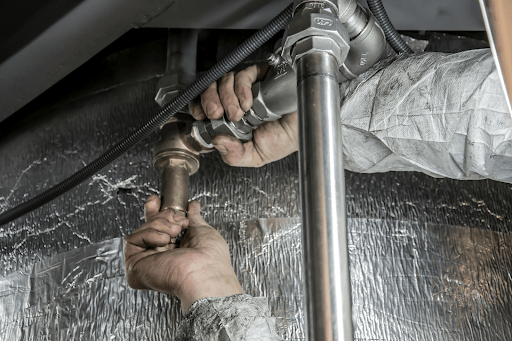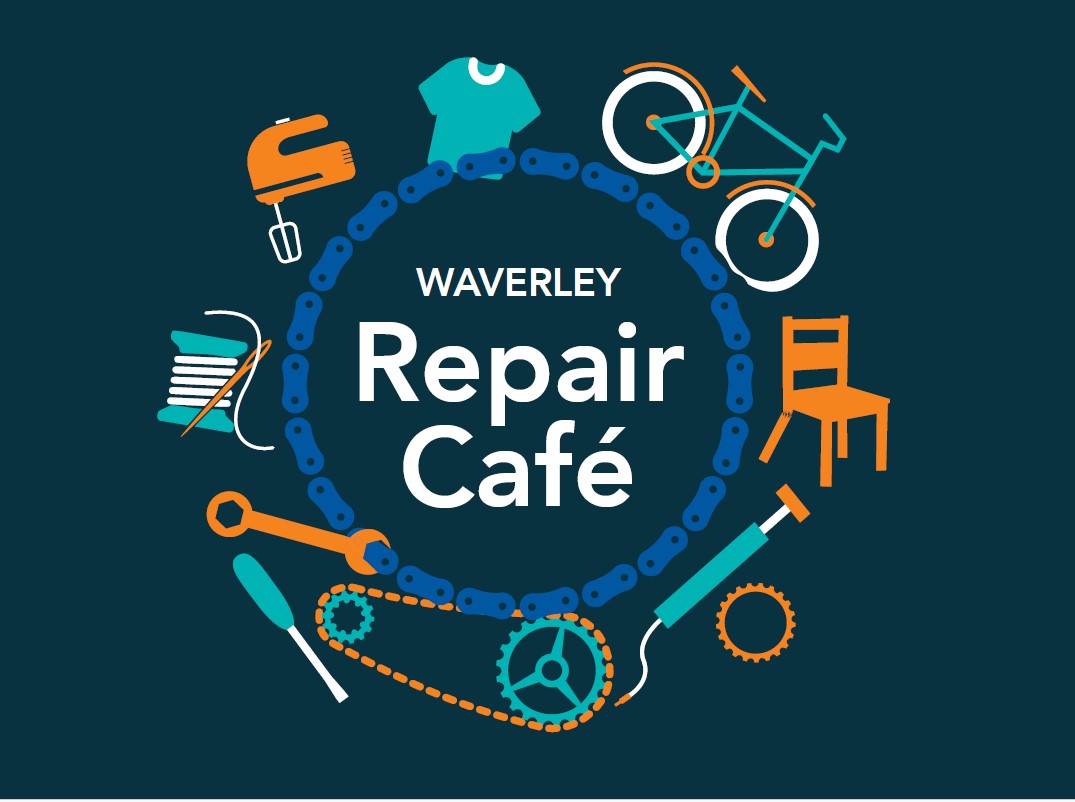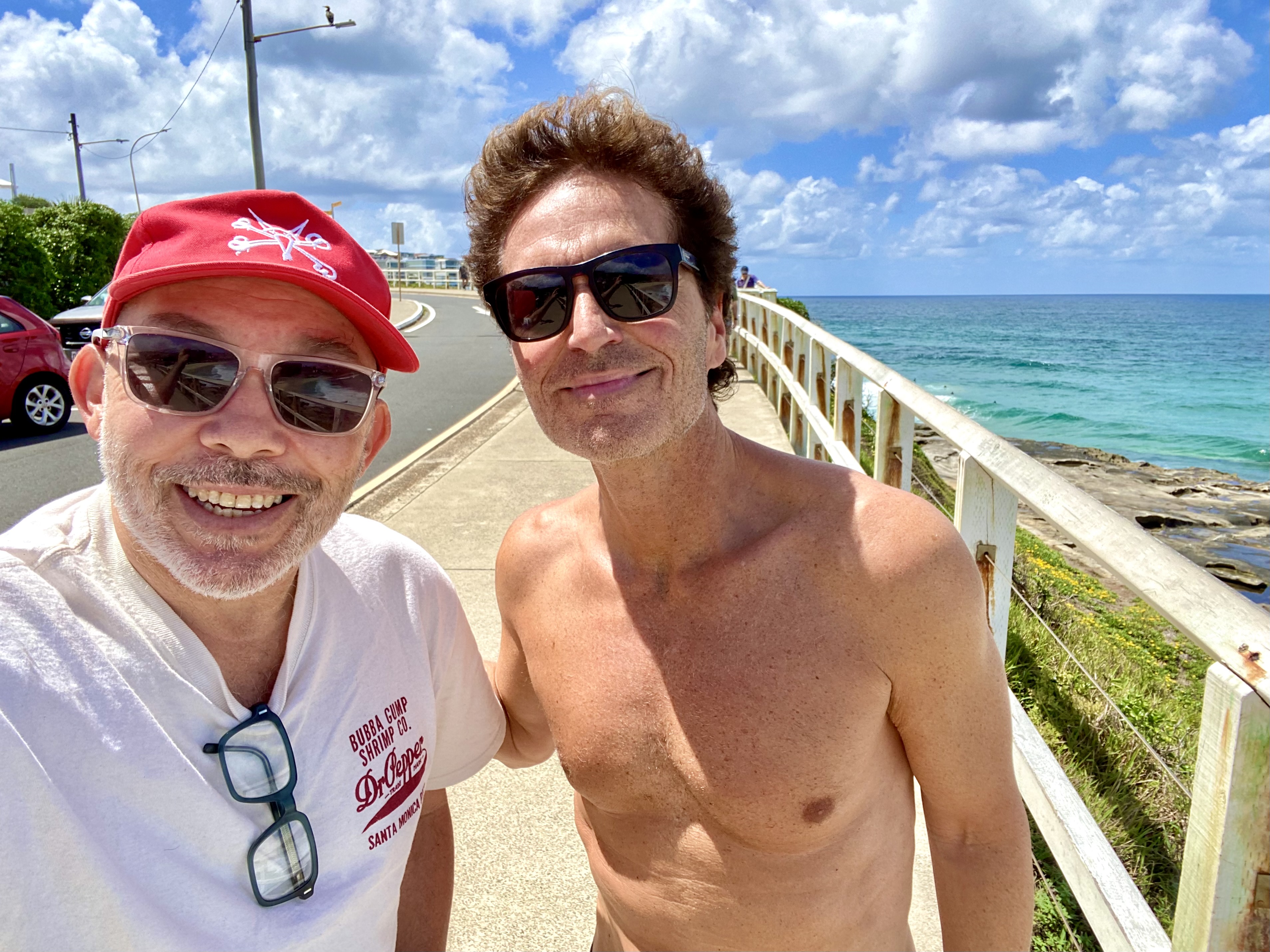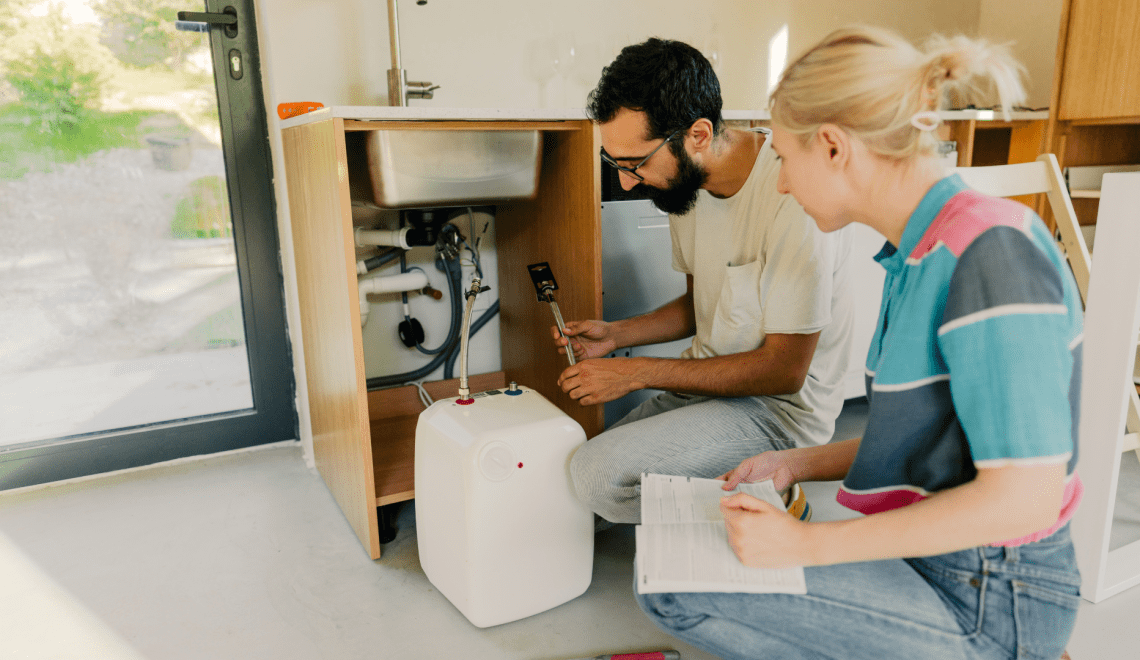
Let’s be honest—when something goes wrong at home, Google is the first place most of us turn. Whether it’s a clogged drain, a dripping tap, or a weird gurgling sound coming from the kitchen sink, the temptation to roll up your sleeves and have a crack at it yourself is real. You’ve watched a few YouTube videos, and you’ve got a plunger. How hard can it be?
But here’s the deal: some plumbing problems are more than just a Saturday afternoon project. They’re time bombs disguised as minor inconveniences. And if you’re juggling kids, schedules, and the emotional bandwidth of a paper towel, the last thing you need is a full-blown leak or burst pipe to deal with at 2am.
While a squeaky tap or a loose showerhead might be a fair DIY challenge, there are certain moments when it’s smarter—and safer—to hand things over to the pros. Service providers like Plumbwell Solutions exist for exactly those situations where speed, safety, and long-term fixes matter more than the thrill of fixing it yourself.
So let’s break down six times you absolutely shouldn’t DIY the plumbing—because peace of mind is priceless, and a working toilet is non-negotiable.
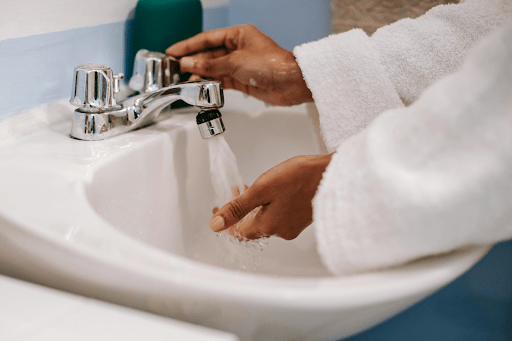
1. That “Slow Drain” Could Be a Bigger Blockage
It usually starts innocently enough. The shower takes a bit longer to drain, or the kitchen sink builds up a little pool while you’re doing the dishes. You pour some supermarket drain cleaner in and move on.
But here’s the thing: slow drains are rarely just surface-level problems. They can signal serious blockages forming deeper in the pipes—things like fat buildup, tree roots, or even cracked pipes collapsing in on themselves.
Chemical drain cleaners often provide temporary relief, but they’re not a long-term solution. In some cases, they can even damage your plumbing further by corroding the pipes. If you find yourself reaching for that bottle every couple of weeks, it’s time to call a licensed plumber. They have the tools (like CCTV pipe inspections and hydro-jets) to fix the root cause—not just the symptoms.
2. Water Stains on the Ceiling = Leak You Can’t See
If you’ve noticed a mysterious water stain on your ceiling—or worse, sagging drywall—it’s tempting to assume it’s “just condensation” or an old spill from a now-fixed issue. But water rarely travels in a straight line. That ceiling stain could be coming from a pipe leak metres away, hidden behind walls or floorboards.
This is not a “wait and see” moment. Water damage spreads fast and creates the perfect conditions for mould, which can lead to health issues, especially for kids and those with allergies. Worse, leaks inside walls can rot timber framing or short out electrical wiring.
Trying to “patch it up” with silicone or tape won’t solve the underlying problem. Licensed plumbers are trained to trace leaks properly and fix them without tearing your whole house apart. It’s worth the call, especially if your home is older, like many in Camberwell.
3. Low Water Pressure Isn’t Just Annoying—It’s a Red Flag
We all get irritated when the shower suddenly turns into a gentle mist or the washing machine takes forever to fill. Low water pressure is more than just a comfort issue—it’s often the first sign of something more serious happening inside your plumbing system.
It could be:
- Corroded pipes narrow the flow
- A hidden leak somewhere in the system
- A failing pressure regulator
- Debris or sediment buildup in old galvanized pipes
You can Google all the hacks you want, but if you don’t actually identify the source, you’re treating symptoms, not the illness. If the pressure drop affects multiple fixtures in your home, it’s time to get professional eyes on it.
4. Replacing Fixtures? It’s Not Always Plug-and-Play
Thinking of upgrading that dated tapware or installing a new showerhead? Seems simple, right? Unscrew the old one, screw on the new one—done.
Not always.
Older homes often have different connection types, pipe sizes, or corroded threads that can snap or leak if handled too roughly. What starts as a 20-minute update can easily escalate into broken fittings, cracked tiles, or water gushing under the vanity.
And if you’re dealing with toilets, sinks, or anything that involves water seals and valves, a small installation error can cause constant drips, costly water bills, or long-term damage to cabinetry and floors.
Plumbers don’t just install things; they make sure they’re fitted safely, sealed properly, and compliant with building codes.
5. Burst Pipe? That’s Not a “Wait Till Monday” Situation
You hear it—that sound. A sudden hiss, followed by dripping, followed by panic. Whether it’s from the wall, under the sink, or outside near the meter, a burst pipe is not something you wait on.
Some people will try to turn off the water main and fix it with tape, a clamp, or even duct tape (we see you). While those emergency measures might buy you time, you need a plumber ASAP.
Water from a burst pipe can soak into flooring, walls, and insulation within minutes. The longer it sits, the more expensive the repair bill gets. And if it’s hot water that bursts? Now you’ve got the added risk of scalding and mold from the steam.
Know where your shut-off valve is—but also know your local plumber’s number.
6. Gurgling Toilets and Sewer Smells? Don’t Light a Candle
There’s no polite way to say this: if your home smells like sewage, you’ve got a plumbing problem, not a ventilation one.
Toilets that gurgle when you flush, drains that burp, or unpleasant smells coming from the sink all point to potential sewer line issues or venting problems. These aren’t just gross—they’re dangerous. Sewer gases contain methane, which is flammable and hazardous to your health.
These problems can be caused by:
- A blocked or collapsed sewer line
- A dried-out P-trap letting gases back in
- A broken vent stack on the roof
- Tree roots infiltrating underground pipes
No amount of air freshener or boiling water will fix this. Sewer line issues need specialised equipment and a licensed plumber to prevent a health hazard in your home.
What About Emergencies After Hours?
It’s 9pm. Your toddler just dropped a toy down the toilet. Or maybe the laundry tap broke off mid-cycle. These are the moments when DIY just isn’t worth it. Having a go after bedtime might make things worse—and could cost you more if emergency rates apply after you finally throw in the towel.
A reliable plumber who services Camberwell and the surrounding suburbs can often provide 24/7 emergency support. And when you’re tired, stressed, or just trying to keep the house running, that backup matters more than ever.
Why Professional Plumbing Isn’t Just About Tools
Sure, plumbers have better gear than the average homeowner. But what really sets them apart is the experience. They’ve seen what goes wrong when a quick fix turns into a six-month saga. They understand the signs, the shortcuts to avoid, and the little adjustments that make a big difference.
More importantly, their work is insured and certified. If something does go wrong, you’re protected. When you DIY, you’re not.
This matters even more in Camberwell, where many homes are older and full of quirks. A licensed plumber doesn’t just fix the problem—they read the house like a story, spotting potential risks you haven’t even noticed yet.
Final Thoughts: Know When to Pick Up the Phone
We get it. There’s pride in doing things yourself. But there’s also wisdom in knowing when to call someone who’s trained for the job. Especially when it comes to something as crucial as your home’s water and waste systems.
Here’s a quick gut-check:
- If it involves anything behind a wall
- If water is leaking somewhere it shouldn’t
- If it smells, gurgles, or won’t drain
- If it keeps happening over and over again
That’s your sign. Don’t overthink it.

DIY or Call a Plumber? How to Decide for Common Plumbing Issues

